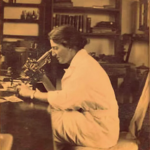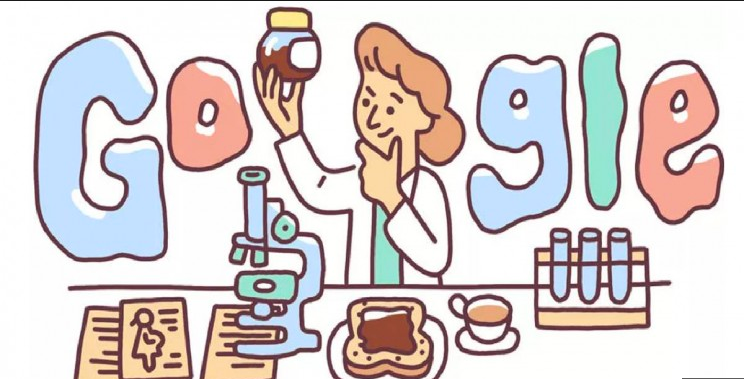 The haematologist whose research into vitamin B deficiency in pregnant women elucidated the role of folate in macrocytic anaemia has been honoured with a so-called Google “doodle”.
The haematologist whose research into vitamin B deficiency in pregnant women elucidated the role of folate in macrocytic anaemia has been honoured with a so-called Google “doodle”.
Dr Lucy Wills, born in 1888, was honoured on what would have been her 131st birthday with animation, featured on the global search engine’s website page.
After graduating from the London (Royal Free Hospital) School of Medicine for Women in 1920 she spent more than five years in India doing research into anaemia of pregnancy and its prevalence in different classes of women in Bombay.
She noted that poor Muslim women in particularly had deficient diets and were most prone to anaemia. She then experimented with different diets and noted that liver extracts and brewer’s yeast (Marmite) were able to prevent anaemia of pregnancy.
She hypothesised in a BMJ article that some unknown ingredient of yeast extract – which later became known as the “Wills Factor” – was able to prevent macrocytic anaemia. This was later revealed in 1941 to be folate, when it was isolated from spinach.

Lucy Wills Google doodle
Dr Wills later returned to the UK and set up the haematology department at the Royal Free Hospital, London.
In her 1964 obituary the BMJ described Dr Wills’ discovery as a “simple but great observation” and a landmark in the treatment of nutritional anaemias.
The Google tribute featured a cartoon caricature of Dr Wills complete with Marmite sandwich followed by the legend; “Today’s Doodle celebrates English haematologist Lucy Wills, the pioneering medical researcher whose analysis of prenatal anemia changed the face of preventive prenatal care for women everywhere.”